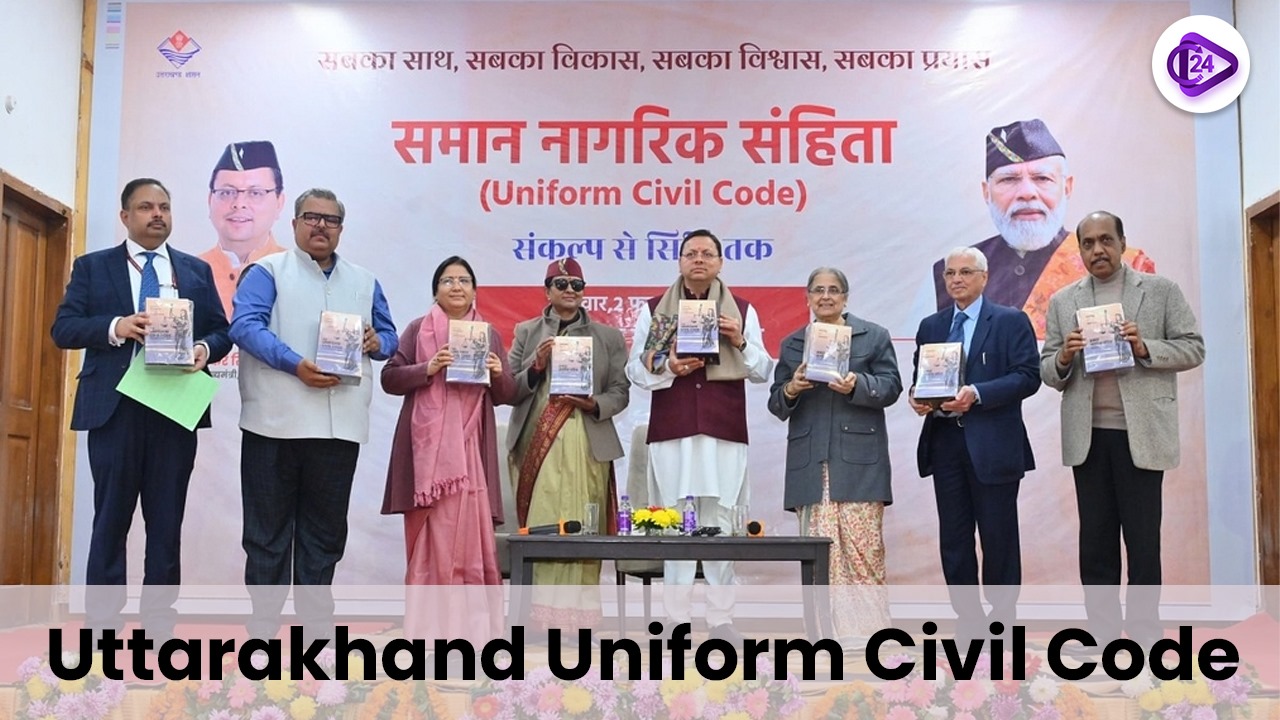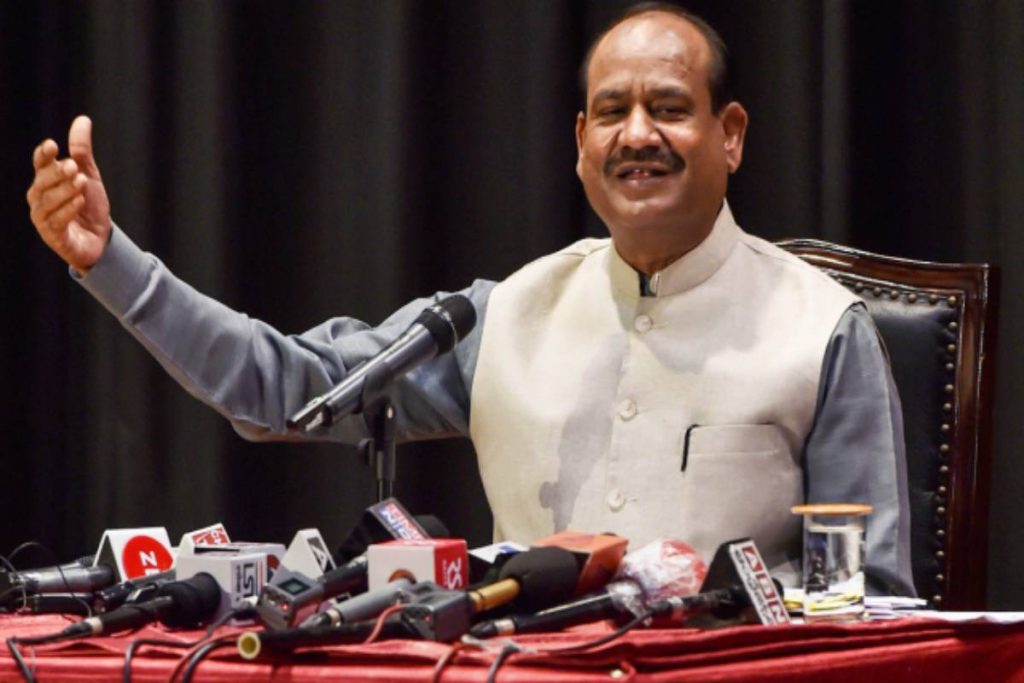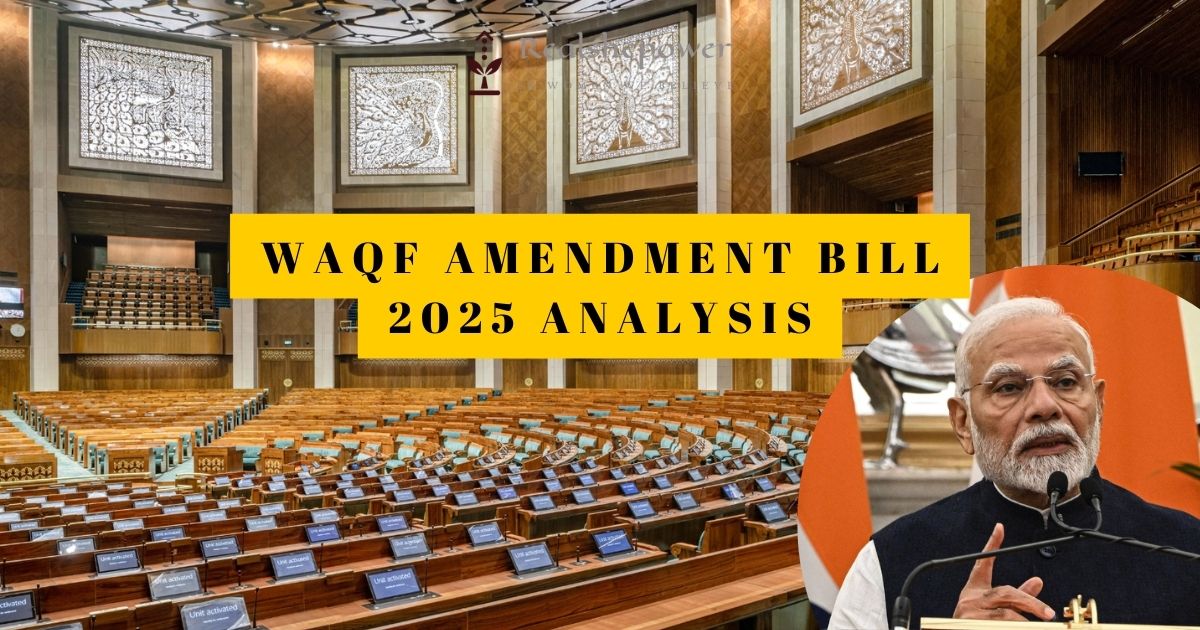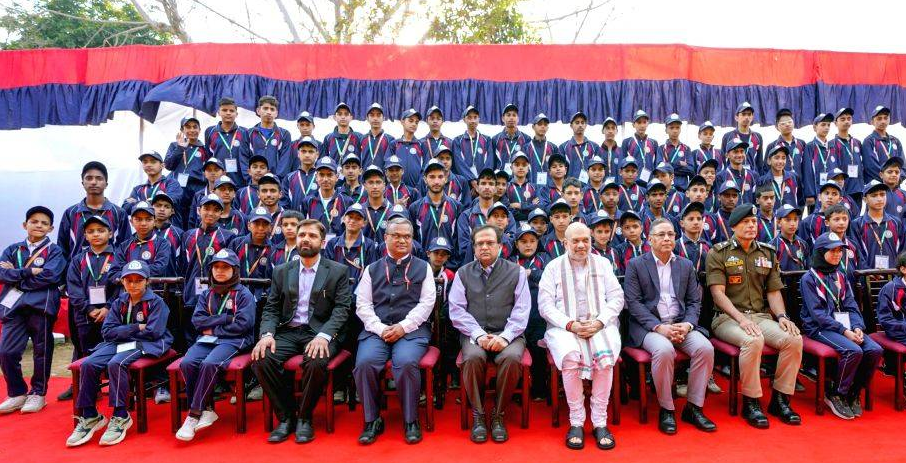
The UCC Act introduces legal standards for live-in relationships, focusing on adult partnerships that replicate marital conditions. It defines a shared household as a cohabitation between an unmarried couple, and it regulates relationships that could conflict with community or religious norms. The Act further addresses prohibited family relationships, requiring written consent from religious or community leaders for certain partnerships, ensuring both legal and societal compliance.
Definition of Live-in Relationship:
-
A relationship based on household cohabitation qualifies as a live-in arrangement according to the provisions of the UCC Act when a man cohabitates with a woman in a space that produces marital-like conditions.
-
The UCC Act defines a shared household as an arrangement when an adult man and woman reside together as an untied couple regardless of property ownership status.
Implication:
-
The UCC Act requires both parties to be adults along with sharing a household like married couples who have not entered marriage.
-
The UCC Act establishes particular relationships that cannot result in either marriage or live-in status unless authorized by members of religious leadership or community leadership.
Degrees of Prohibited Relationships:
-
Under the UCC Act marriage and live-in arrangements between the specified prohibited relationships require written permission from either a religious leader or from the head of the community.
-
The banned relationships in this law include ties related to blood connections as well as relationships existing within close family networks.
Examples of Prohibited Relationships:
For Men:
-
A person who descends from the same genetic line cannot either take a first cousin as their spouse or start a live-in relationship with them.
-
Men cannot establish live-together relationships with the daughters of their parents' siblings.
For Women:
-
A woman cannot wed or establish a live-in partnership with her first cousin (who is the son of a maternal or paternal uncle/aunt.
-
A Muslim woman in these relationships must receive explicit religious leader permission to proceed unless they are great-grandfather, step-great-grandfather, daughter’s son’s daughter’s husband, nephew, or uncle.
Regulation of Live-in Relationships
Form 3 Registration:
-
Partners in live-in relationships must follow the requirement of registering their relationship with Form 3. The registration process demands relationships participants to declare their eligibility based on prohibited relationships. The applicants present a certificate obtained from their religious leader or community head regarding the religious permissibility of their relationship.
Registrar’s Role:
-
The registrar performs an investigation to confirm whether local customs support the relationship. The registration will get denied when the relationship breaks community standards.
Role of Religious Leaders
-
Definition of Religious Leader:
-
A religious leader refers to a priest along with an official from a religious institution or place of worship within the specific community. Community leaders hold essential responsibility to provide validation about which relationships within prohibited degrees receive community approval.
-
-
Approval Process:
-
The couple has to get authorization from a religious leader to demonstrate community acceptance of their relationship in cases where religious communities exclude such relationships.
-
Statistics
Comparison with the Hindu Marriage Act
-
Similar Provisions in HMA:
-
The Prohibition of Marriage Control Law extends its banned relationship prohibitions through Hindu Marriage Act (HMA) restrictions which apply to particular families. Under the law marriage is forbidden among these individuals:
-
Lineal ascendants and descendants.
-
Siblings (whether full, half, or step-siblings).
-
Uncles and nieces, and aunts and nephews.
-
The spouse of a lineal ascendant or descendant.
-
-
-
Muslim Personal Law:
-
The rules against family-related marriage in Muslim personal law share fundamental compatibility with those in the HMA.
-
Conclusion
-
Objective of UCC Act:
-
Uttarakhand UCC Act establishes legal boundaries for live-in relationships through provisions that protect people from participating in relations which go against religious or social rules about close family relationships. There exists an institutional approval process through which religious leaders examine specific relationships in order to enforce community customs while providing oversight.
-
-
Ethical Considerations:
-
The UCC Act establishes legal guidelines for live-in couples but ethical issues about privacy rights and consent continue to exist together with religious body involvement. Proceeding with religious leader approval for marriages disrupts the equilibrium between personal rights and societal or religious criteria.
-



 India at IPU 150: Lok Sabha Speaker to Lead Delegation to Tashkent
India at IPU 150: Lok Sabha Speaker to Lead Delegation to Tashkent The Waqf Amendment Bill, 2025: Section 40, History and Evolution of Waqf in India
The Waqf Amendment Bill, 2025: Section 40, History and Evolution of Waqf in India Haryana Launches AI Chatbot ‘Sarathi’ for Citizen Services
Haryana Launches AI Chatbot ‘Sarathi’ for Citizen Services Implications of Section 44(3) of the Digital Personal Data Protection Act, 2023
Implications of Section 44(3) of the Digital Personal Data Protection Act, 2023 Betting and Gambling are State Subjects: Union Minister in Lok Sabha
Betting and Gambling are State Subjects: Union Minister in Lok Sabha Tamil Nadu Allocates ₹1,087 Crore for Village Panchayat Development
Tamil Nadu Allocates ₹1,087 Crore for Village Panchayat Development Watan Ko Jano Programme: Promoting National Integration Among Kashmiri Youth
Watan Ko Jano Programme: Promoting National Integration Among Kashmiri Youth Rashtriya Gokul Mission: Strengthening Indigenous Cattle Breeds
Rashtriya Gokul Mission: Strengthening Indigenous Cattle Breeds ECI Reconsiders Voter ID-Aadhaar Linkage Amid Privacy Concerns
ECI Reconsiders Voter ID-Aadhaar Linkage Amid Privacy Concerns Lok Sabha Passes Bills of Lading Bill, 2025, Modernizing 169-Year-Old Colonial Shipping Law
Lok Sabha Passes Bills of Lading Bill, 2025, Modernizing 169-Year-Old Colonial Shipping Law






